(Shanghai) ABS, a leading provider of classification and technical services to the global marine and offshore industries, granted Approval in Principle (AIP) for a new very large ethane carrier (VLEC) concept developed by Hudong-Zhonghua Shipbuilding (Group) Co., Ltd.
“As demand for different types of liquefied gases increases, concepts like this will expand the infrastructure and enable more efficient transportation to get products to market,” says ABS Vice President for Global Gas Solutions Patrick Janssens. “Awarding Hudong-Zhonghua Shipbuilding this AIP is another example of ABS’s commitment to promoting concepts that drive safer and more sustainable shipping.”
The novel VLEC is equipped with a specialized membrane cargo containment system suited to carry liquid gas cargoes such as ethane and propane. Designed with a minimum cargo temperature of -94℃, the concept supports a low cargo boil-off rate. Distinct features of the design include multiple cargo re-liquefaction lines to liquefy vapor gas, a powerful cargo handling system that maintains a stable tank pressure and a Selective Catalytic Reduction (SCR) system that supports compliance with MARPOL Tier III and USCG requirements for non-US Flag vessels operating in the U.S.
“We chose ABS because of their extensive experience in gas-related projects and their leading position in very large gas carriers,” says Hudong-Zhonghua Shipbuilding Vice President Jin Yanzi. “We are pleased to receive this approval from ABS which validates our early design work and helps us advance this concept.”
ABS provides industry leadership, offering guidance in liquefied natural gas (LNG) floating structures and systems, gas fuel systems and equipment, gas carriers, and regulatory and statutory requirements. ABS has extensive experience with the full scope of gas-related assets and has been the classification organization of choice for some of the most advanced gas carriers in service.
About ABS
Founded in 1862, ABS is a leading international classification organization devoted to promoting the security of life and property and preserving the natural environment through the development and verification of standards for the design, construction and operational maintenance of marine and offshore assets.




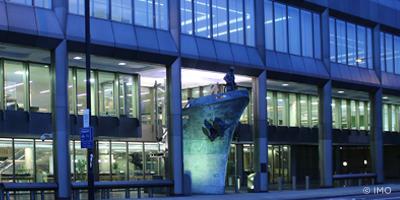




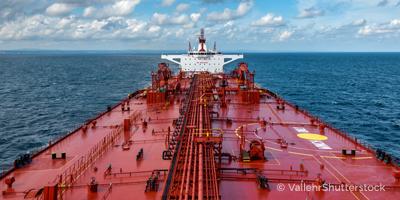
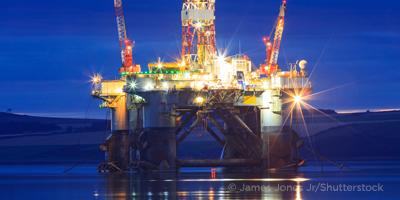
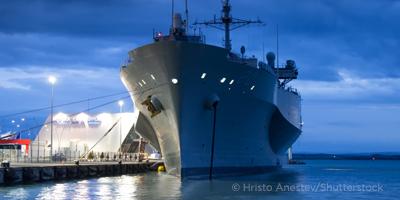
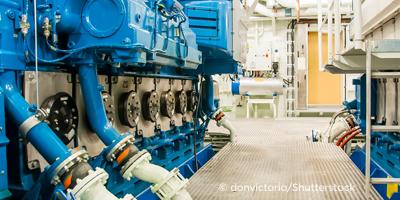




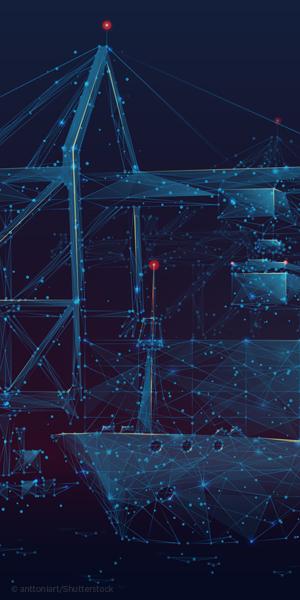


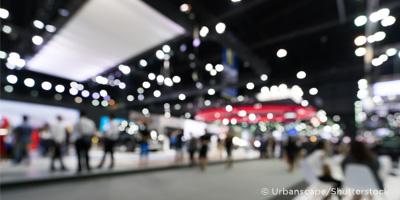

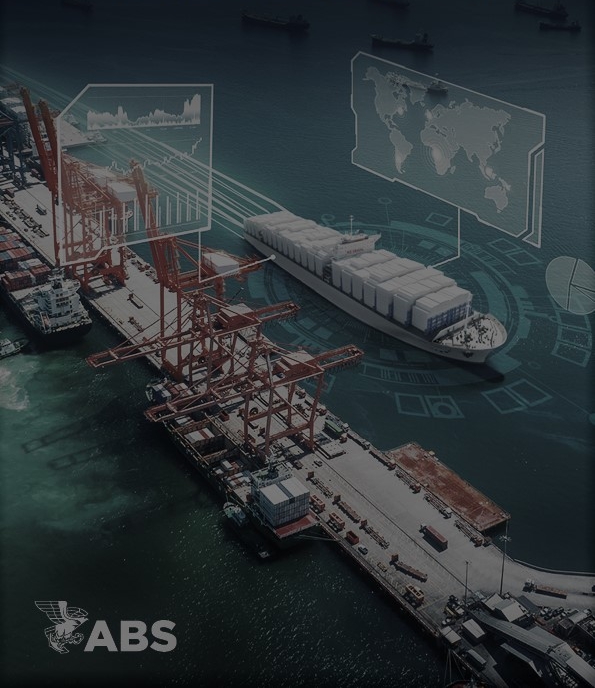






 Download Photo
Download Photo 





